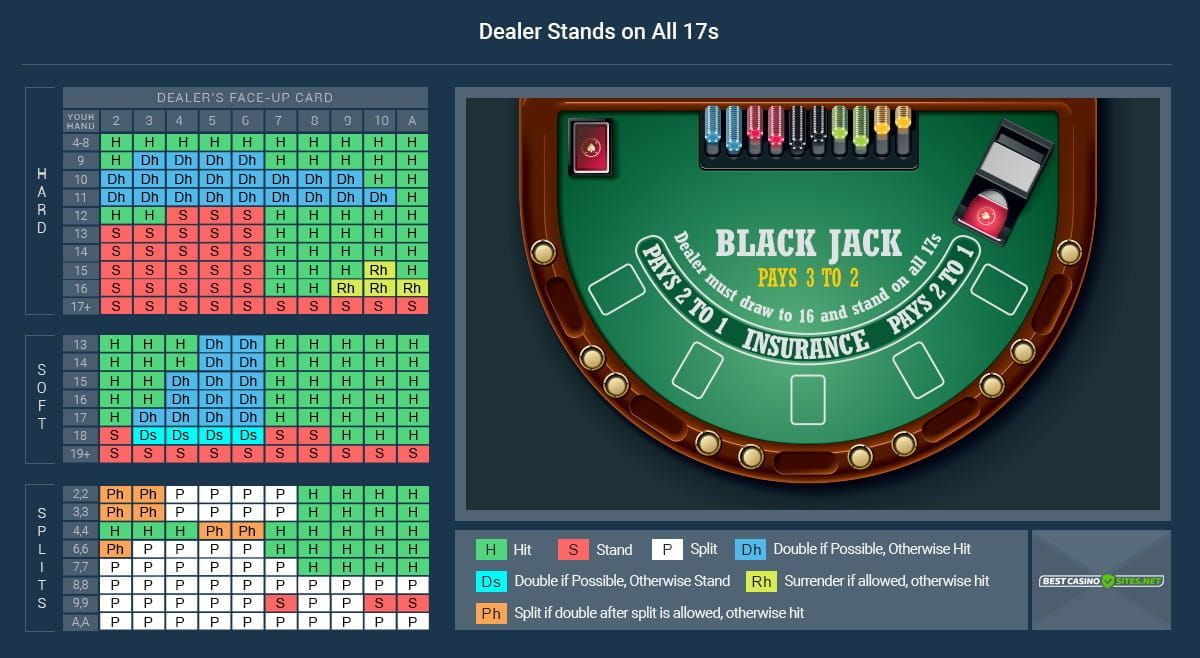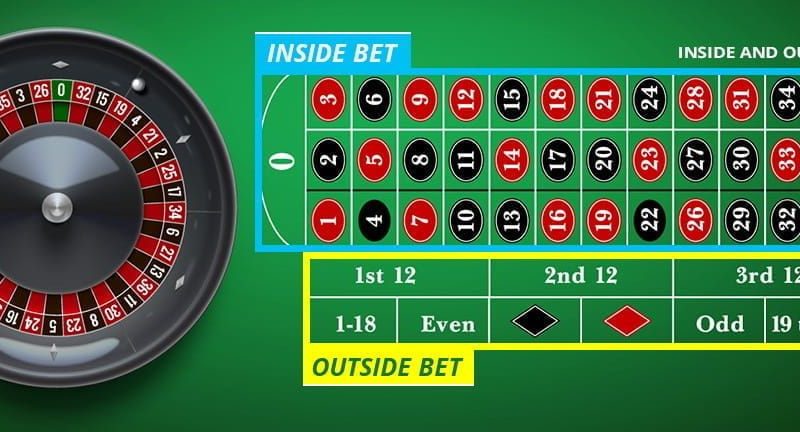Blackjack is a popular casino game that requires more than just luck to win. Players must also use strategy and psychology to outsmart their opponents. In this article, we will explore the psychology behind blackjack and how you can read your opponent‘s moves to gain an advantage at the table.
Understanding Your Opponent
One of the key aspects of playing blackjack is understanding your opponent’s behavior and mindset. By paying close attention to their actions, you can gain valuable insights into their strategy and decision-making process. For example, if your opponent hesitates before making a bet or shows signs of nervousness, they may be holding a weaker hand. Alternatively, if they are quick to make bold bets, they may have a strong hand.
Body Language
Body language can also provide clues about your opponent’s hand. Pay attention to their facial expressions, posture, and gestures for hints about their confidence level and intentions. If your opponent seems relaxed and comfortable, they may be bluffing or have a strong hand. Conversely, if they appear tense or avoid eye contact, they may be holding a weaker hand.
Bluffing and Deception
Bluffing is a common strategy in blackjack where players deceive their opponents into making mistakes. By bluffing, players can manipulate their opponents’ perceptions and force them to make decisions based on false information. To successfully bluff in blackjack, it is essential to remain confident, maintain a consistent betting pattern, and strategically use body language cues to deceive your opponents.
Reading Telltale Signs
When playing blackjack, watch for telltale signs that indicate your opponent is bluffing. These signs may include hesitation before making a bet, sudden changes in behavior, or inconsistent betting patterns. By recognizing these cues, you can adjust your strategy accordingly and make informed decisions at the table.
Emotional Control
Emotional control is another crucial aspect of psychology in blackjack. Players must learn to manage their emotions and avoid making impulsive decisions based on fear or frustration. By staying composed and rational, players can maintain a clear mind and focus on reading their opponents’ moves accurately.
Staying Focused
When playing blackjack, it is essential to stay focused on the game and avoid distractions that may cloud your judgment. By staying attentive and observing your opponents’ behavior closely, you can identify patterns and make strategic decisions that give you an edge at the table.
Conclusion
In conclusion, the psychology of blackjack plays a significant role in determining your success at the table. By understanding your opponent’s behavior, mastering the art of bluffing, and maintaining emotional control, you can gain a competitive advantage and increase your chances of winning. By using these psychological strategies in combination with sound gameplay, you can become a formidable player in the world of blackjack.


